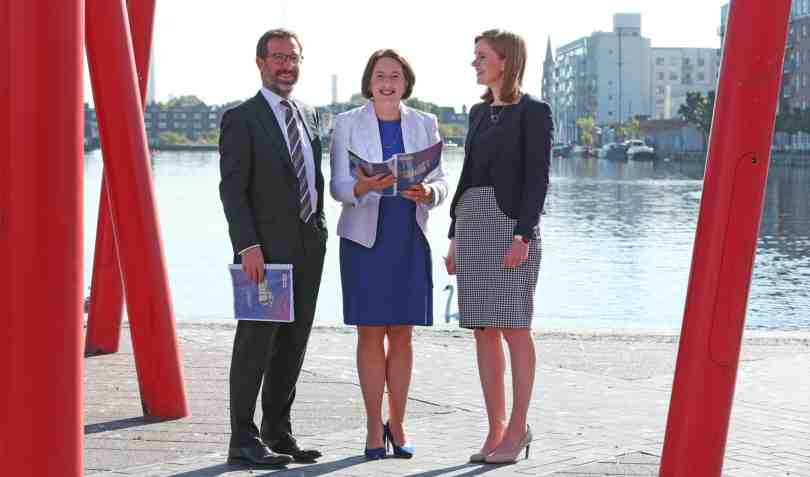The Irish Tax Institute has warned that the country’s tax system needs attention given the global risks the economy is exposed to.
In its pre-Budget submission, the institute welcomes the finance minister’s decision to rule out personal tax cuts, describing it as “prudent on the assumption of a no deal Brexit”, but says it has concerns about the robustness of the tax system “at this time of growing uncertainty”.
ITI president Frank Mitchell pointed out that the tax base in respect of personal taxes has narrowed considerably, with 28% of taxpayers now exempt from the USC as against just 12% when the charge was first introduced.
Mitchell added: “Ireland’s personal tax regime should be broadly based, simple, fair and transparent. It should support economic growth while redistributing income to lower paid workers. We believe that everybody who works should contribute to the Exchequer according to their means, and that those who earn most should contribute most.
• Download Irish Tax Institute's detailed analysis of Ireland's tax system 2019
“A system that exempts more than three quarters of a million out of a total of 2.7 million income earners, from paying any tax is not sustainable. We need a broader base where the load is spread according to the means of taxpayers.”
Mitchell added that he supports the government’s commitment to raising the entry point to the higher income tax rate of 40%. “Workers in Ireland pay tax at the higher rate of 40% on income over €35,300," he stated. "That threshold is very low by comparison with competitor countries and it undoubtedly damages our competitiveness at a time when we can least afford it.”
The institute also called for the repeatedly postponed property valuations for the Local Property Tax to be carried out, saying that levels of compliance could be adversely affected by failure to update valuation bands and exemptions.
In addition, the submission seeks substantial help for SMEs, and wants a more generous CGT relief for entrepreneurs, changes to allow angel investors to avail of the relief, changes to make the Employment and Investment Incentive more effective, and the Startup Relief for Entrepreneurs (SURE) income tax refund scheme to be extended to the self-employed.
Photo: Frank Mitchell with Irish Tax Institute colleagues Anne Gunnell (centre) and Clare McGuinness. (Pic: Julien Behal)











